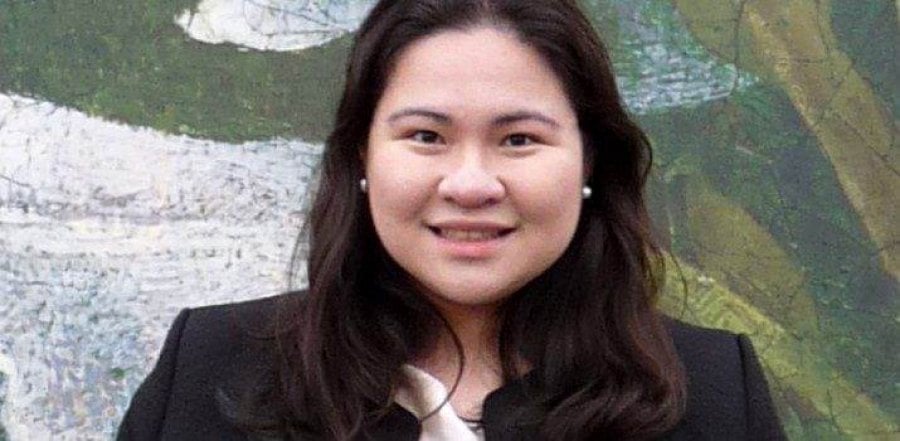COVID-19 Alumni Stories: Razel Nikka Hao
17 August 2020 London School of Hygiene & Tropical Medicine London School of Hygiene & Tropical Medicine https://lshtm.ac.uk/themes/custom/lshtm/images/lshtm-logo-black.png
How has the COVID-19 outbreak affected your work?
With the DOH being front and centre of the government’s response to COVID-19, the outbreak became the focus of all our national actions. Our office had to rapidly scale up investments for health system capacity across the country and develop the policies and guidance for how healthcare should be delivered in health facilities. We also needed to strengthen coordination with various stakeholders, including government agencies, academe, and development partners for evidence-based guidance in its decisions, especially for imposing community quarantine across different parts of the country.
This event also meant creating new enabling structures, such as the newly created COVID-19 Surveillance and Quick Action Unit which collects, validates, and analyses national data to flag areas needing both national and local response.
How have you been responding to the outbreak?
The amount of work necessary to establish an effective national response to COVID-19 is too big for the DOH and a few people alone. Diverse skill sets and experience levels are all necessary to create these structural changes, and we need to align with stakeholders outside because the government cannot do it alone.
It has been a privilege to be able to assist and coordinate with different stakeholders to provide an evidence base for the decisions of the DOH and the Interagency Task Force. The DOH leads an interagency task force across different government agencies to ensure decisions and actions take a national government, enabled the local government-led response for COVID-19, guided by the advice of experts, academe, and local implementers.
How has your country’s response to the outbreak affected your work?
Before the COVID-19 pandemic, the country has been moving towards operationalising the Universal Health Care (UHC) Act passed in 2019. The UHC law provides a mandate to the country to embark on health system reform that will ensure that all Filipinos can have access to quality healthcare they need without financial hardship by 2040.
The COVID-19 pandemic highlighted the need to give attention, funding, and support for the proposed reforms to the health sector and hopefully jumpstarting the plans for UHC. While in its initial stages, the preparations done for UHC in 2019 have been instrumental in giving the country a starting point for its integrated response to COVID-19. The pandemic also highlighted the need to continue to shape, strengthen, and capacitate the national and local core workforces and institutions so that the reforms are sustainable and agile for both purposes of effective COVID-19 response and UHC.
How has LSHTM’s training helped you during this outbreak?
My LSHTM training provided me with the mental models and frameworks to appreciate different tools for health systems strengthening and analytic models for decision making. This allows me to screen and bridge the academic rigour of evidence from experts into understandable and actionable points for decision-makers. This has really been useful in my role as a Lead Technical Analyst for Health Facility Matters and the Deputy for the COVID-19 Surveillance and Quick Action Team.
Also, with my short stay as Research Assistant for Health System Strengthening in LSHTM in 2017, my skills in coordinating with local and international stakeholders were strengthened, and are very relevant to what I do today.